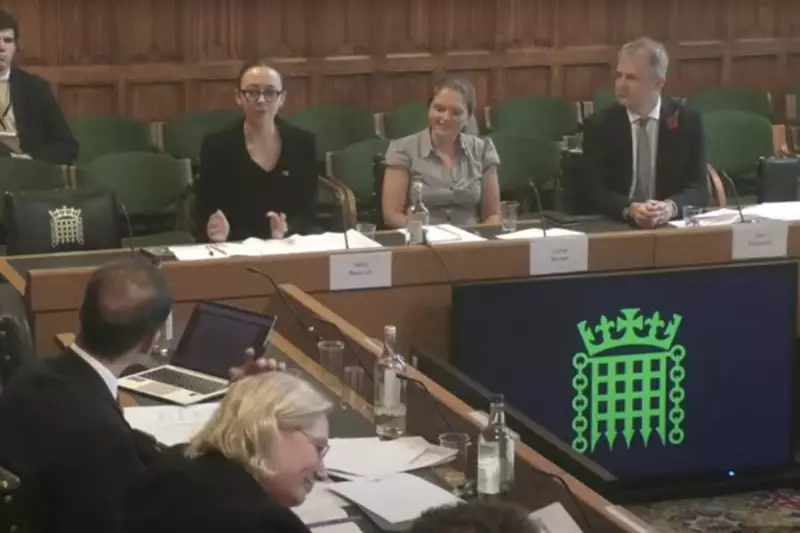
In a development that raises profound questions about transparency in British democracy, a secret court order is preventing the public from learning details about a major data breach affecting Afghan citizens who worked with UK forces.
The Hidden Crisis
A powerful superinjunction, obtained through the Royal Courts of Justice, is concealing information about what sources describe as a "significant" data leak. The breach potentially compromises the safety of Afghan nationals who assisted British military and diplomatic efforts during the two-decade conflict.
Legal experts and transparency advocates are expressing grave concerns about the use of such extreme secrecy measures in matters of significant public interest.
Democracy in the Shadows
This case represents one of the most controversial uses of superinjunctions in recent years, hiding not just the identities of those involved but the very existence of legal proceedings.
Maurice Frankel, director of the Campaign for Freedom of Information, stated: "When such sweeping secrecy is applied to matters affecting individuals who risked their lives to support UK interests, we must question whether justice is being served."
Safety Implications
The timing of this concealment is particularly alarming given the Taliban's return to power in Afghanistan. Afghan interpreters and support staff who worked with British forces already face extreme danger, and any data breach could have life-or-death consequences.
"The potential ramifications for these individuals are terrifying," said a national security expert who requested anonymity. "If their personal information has been compromised, they and their families could be in immediate danger."
Legal Secrecy Versus Public Interest
Superinjunctions have long been controversial in English law, but their use in cases involving national security and public safety creates particularly complex ethical dilemmas.
The court's decision to grant such comprehensive secrecy prevents:
- Public scrutiny of government data handling
- Accountability for potential security failures
- Debate about protection for at-risk allies
- Transparency in the judicial process
This case continues to develop behind closed doors, leaving the public in the dark about a matter that could affect both national security and fundamental democratic principles.





